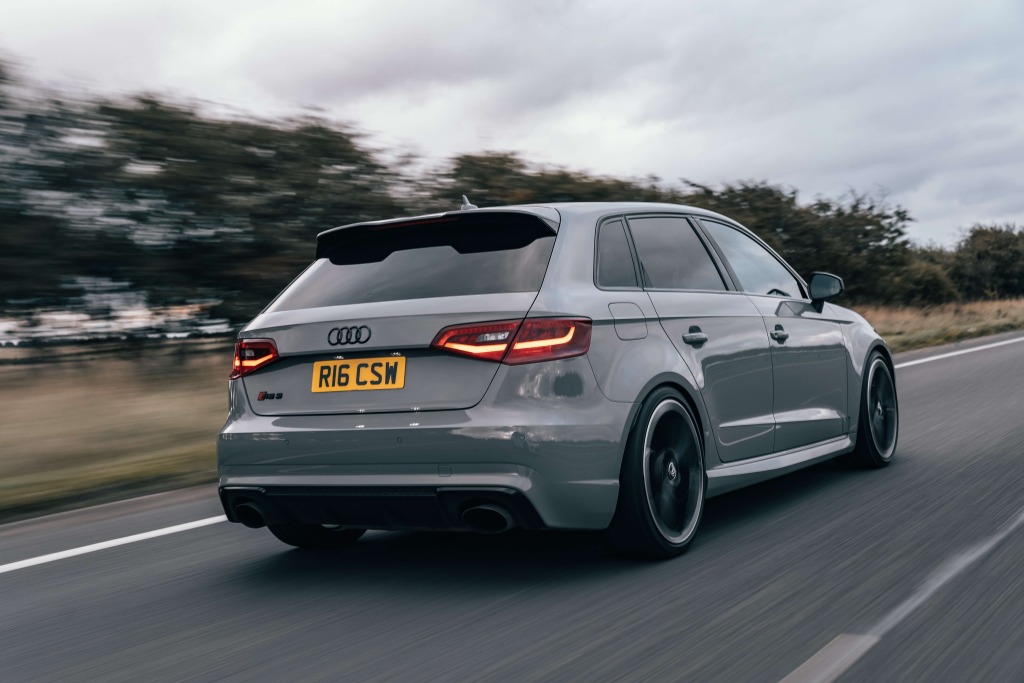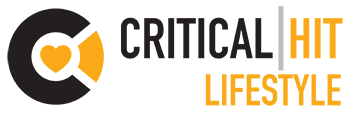
In recent years, private number plates have transformed from niche symbols of personalisation into mainstream status symbols across the UK. With over 45 million personalised plates in circulation, these registrations have become a vibrant part of the UK’s motoring culture, blending individuality with the allure of exclusivity. This trend has grown so strong that private plate sales generate significant revenue for the Driver and Vehicle Licensing Agency (DVLA) and open opportunities for personal investment.
The Cultural Appeal: Status Symbol and Personal Identity
The popularity of personalised number plates is largely driven by the desire for self-expression, according to RightReg. Plates bearing names, initials, or meaningful words are popular for their personal connection, allowing drivers to project identity, status, or a touch of humour on the road. The DVLA’s sale of exclusive plates like “H1 NDU,” which sold for a staggering £112,010 in 2023, reflects the high demand for plates that stand out.
While private plates were once associated primarily with high-profile figures and luxury car owners, today they cater to a much broader audience. The most sought-after plates often include short, memorable sequences or popular initials, and DVLA statistics show that “BOSS” remains one of the top choices among buyers, suggesting a trend toward powerful, confident imagery.
Private Plates as Investment Assets
Beyond personal enjoyment, private plates can also represent significant financial investments. Plates featuring rare letters, short sequences, or historical connections often appreciate in value, sometimes selling for hundreds of thousands of pounds. The “F1” plate, bought for £440,000 in 2008, is estimated to be worth as much as £15 million today. Plates with cultural significance, such as those associated with popular brands or regional connections, tend to retain or increase in value.
Economic Impact: Revenue and Market Growth
The DVLA has turned private plate sales into a lucrative business, generating approximately £49 million from auctions in 2023. This revenue supports road maintenance and other public services, creating a unique model where personalisation meets public benefit. Over the past 25 years, total revenue from the private plate market has surpassed £2 billion, highlighting the strong demand in this sector.
How to Buy Private Plates and Key Considerations
For those interested in purchasing private plates, DVLA auctions are the most reliable source for new, unreleased combinations. The agency releases new plates periodically, but it’s not possible to request a specific combination in advance. However, if you’re seeking a particular plate, watching the auction schedules closely can improve your chances.
When buying a private plate, consider these tips:
- Investment Potential: Short plates or those with significant cultural associations are more likely to retain value.
- Transfer Fees: Factor in additional costs for transferring the plate to your vehicle.
- Regulatory Compliance: Ensure your chosen plate complies with DVLA regulations, which restrict offensive combinations and certain letter-number formats.
The Future of Private Plates
The demand for private plates shows no signs of slowing, and even with a rise in electric vehicles, personalised plates remain desirable symbols of individuality. While the market may shift over time, especially as digital technology allows new modes of personalisation, private plates will likely continue to thrive as a reflection of personal identity and investment opportunities on the road.
The UK’s private number plate market offers a fascinating intersection of culture, economics, and personal expression. For those seeking a unique symbol of identity—or a potential investment—it represents an exciting and ever-evolving opportunity.





















